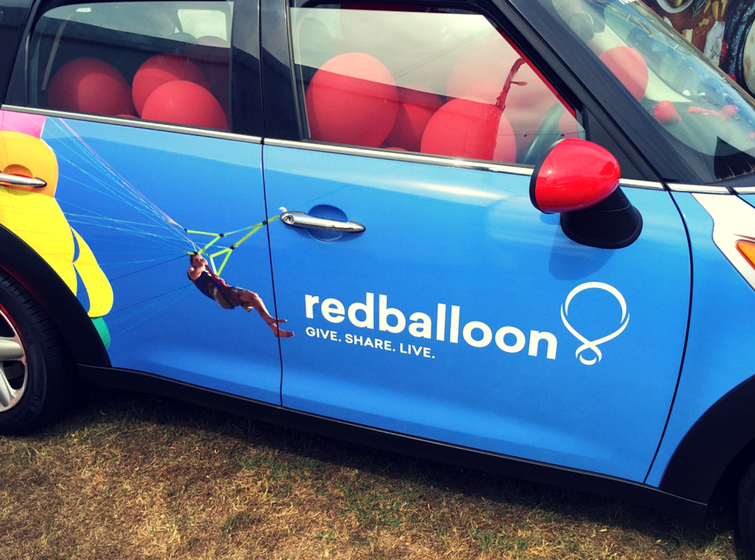Tough times or times to be opportunistic… it depends on how you look at it. By nature, I am a very positive person. But of course, I have no more idea than anyone else on what will happen over the next few months. It is only six weeks since I was listening to the Chief Economist of Westpac saying that our dollar would stay at parity with the US for a good while…. he was 30% wrong in just six weeks.
Financial markets are working in ways we have never seen before, governments are getting together, and working with business. When the world is changing really fast leaders struggle to say what is the ‘right’ course to take. Indecision can be catastrophic for any business.
It is up to us as business leaders not to get distracted. To remain focused on what we are doing. To use this time to review and innovate. To do things differently.
I was recently at a global meeting of other experience companies from different geographies – UK, Europe, US and others. We have all developed our businesses in isolation…. similar product completely different approach to the market. A very interesting exercise to benchmark ourselves against the other players.
Seven years ago when we launched RedBalloon we simply had to be an online business – we could not afford to print catalogues or employ a call centre full of people. We had to do it differently than it was being done in the UK. Now in the longer term that has left us with a far more profitable – and scalable business.
Scarcity means we had to innovate. If you don’t have the funds and you want to get something done – you have to use your creativity rather than cash to solve a problem.
We invested in intelligent, engaged people who were highly motivated to do something different, to create something great – rather than people to process forms and produce invoices. We looked at any repetitive task and said ‘how can we automate that?’ We still do.
So as times get lean, it is clever innovative people who will see a way forward. And to keep them you must reward them… not necessarily with cash, but their contribution must be noticed.
According to Tony Grant Director, Coaching Psychology Unit, School of Psychology, University of Sydney Recognition must start at the top – but it must be local, real and relevant. He calls it the ‘Sphere of influence…’
“It’s all very well to have charismatic CEO, but their sphere of influence is actually very small. You have to have some energizers in the network. Rewards need to come from the local leaders in the network. If rewards come from higher up, it can be meaningless. Like having a great, distant auntie giving you a grey jumper. You think this person doesn’t even know me.
High performing teams have 5 times the amount of positive interactions than low performing teams. Positive interactions are acknowledgements, meaningful compliments, positive reinforcements, good job” Grant said.
People who are feeling good about what the do every day are far more likely to come up with ideas on how to make or save the organisation money… Then the trick is to listen to these, sort through them and get the great ideas operational. It is all about focus.

